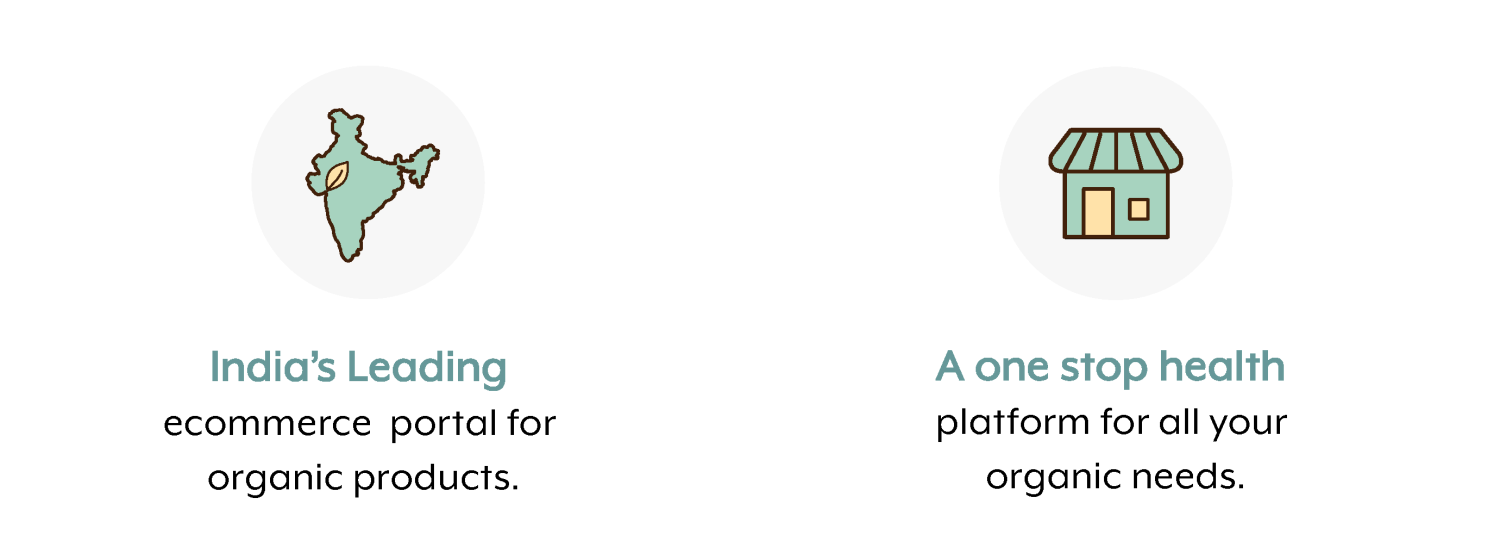
Earth's Tiny Heroes
Honey Bees: Earth's Tiny Heroes
Have you ever thought about how much honey bees contribute to our daily lives? These tiny creatures are not just a source of honey, but integral to pollinating our fruits, vegetables, and flowers. However, the honey bee population faces many threats that could potentially lead to extinction. In this article, we will explore the importance of honey bees, their behavior, habitat, threats, and ways we can protect them.
Importance of Honey Bees
The honey bee is responsible for pollinating approximately one-third of the crops we consume, including almonds, blueberries, and avocados. Without honey bees, our diets would be severely lacking in essential vitamins and nutrients. Not only that, but bees also produce honey, beeswax, propolis, and royal jelly, which have many uses in medicine and beauty products.
Threats to Honey Bee Populations
Over the past few decades, honey bee populations have been declining at an alarming rate. One of the major threats to honey bees is habitat loss. Bees require ample forage and nesting sites to survive, but urbanization and modern farming practices have resulted in the destruction of natural habitats.
Another major threat to honey bee populations is the use of pesticides. Pesticides kill honey bees and affect their behavior and overall health. Climate change is also contributing to the decline of honey bees by altering the timing of flowering plants and making it difficult for bees to find nectar and pollen.
Anatomy of a Honey Bee
To understand honey bees' behavior and the threats they face, it is essential to know their anatomy. Honey bees have six legs, two pairs of wings, and a distinct head and abdomen. They are covered in tiny hairs that help them collect pollen and move it from flower to flower. The queen bee is responsible for laying eggs and keeping the colony organized, while worker bees collect nectar and pollen and build honeycombs.
Honey Bee Behavior
Honey bees live in large colonies with thousands of individuals. To communicate and organize themselves, they use chemical and physical signals like pheromones and dances. For example, honey bees use a waggle dance to direct their fellow bees to food sources. Inside the hive, bees produce honey by regurgitating nectar and letting it evaporate, creating a thick and nutritious food source.
Honey Bee Habitat
Honey bees are found all over the world and thrive in a variety of habitats, from forests to deserts. They prefer areas with ample forage, including wildflowers, fruit trees, and crops. In urban settings, humans can provide honey bees with artificial habitats like beehives and pollinator gardens.
Honey Bee Threats
Honey bees face many threats, including pests and diseases like Varroa mites and Nosema. These pests weaken bees and make them more susceptible to other diseases and stresses. Pesticides have also been linked to colony collapse disorder, where entire bee populations disappear seemingly overnight.
Protecting Honey Bees
As consumers, we can help protect honey bees by choosing organic produce and products that are free of harmful pesticides. We can also plant native flowers in our gardens and support beekeepers in our communities. Organizations like the Honeybee Conservancy and the Xerces Society also work to raise awareness about honey bee threats and advocate for their protection.
The Benefits of Honey and Other Products
Aside from pollination, honey bees produce many other valuable products like beeswax, propolis, and royal jelly. Honey has long been used in traditional medicine to treat everything from sore throats to burns. Beeswax is used in candles, lip balms, and skin care products, and propolis has been shown to have anti-inflammatory and antimicrobial properties.
The Future of Honey Bees
The future of honey bees is uncertain as they face numerous threats. However, research on honey bee behavior and advocacy for their protection give us hope. By understanding the importance of these tiny creatures and taking action to protect them, we can ensure that honey bees continue to be a vital part of our ecosystem for generations to come.
Enjoy the best organic products from India's top brands. Shop at JOGACY and get access to a wide selection of organic food, groceries, health and wellness products, supplements, skincare, and more. Enjoy fresh, quality products delivered to your doorstep.




